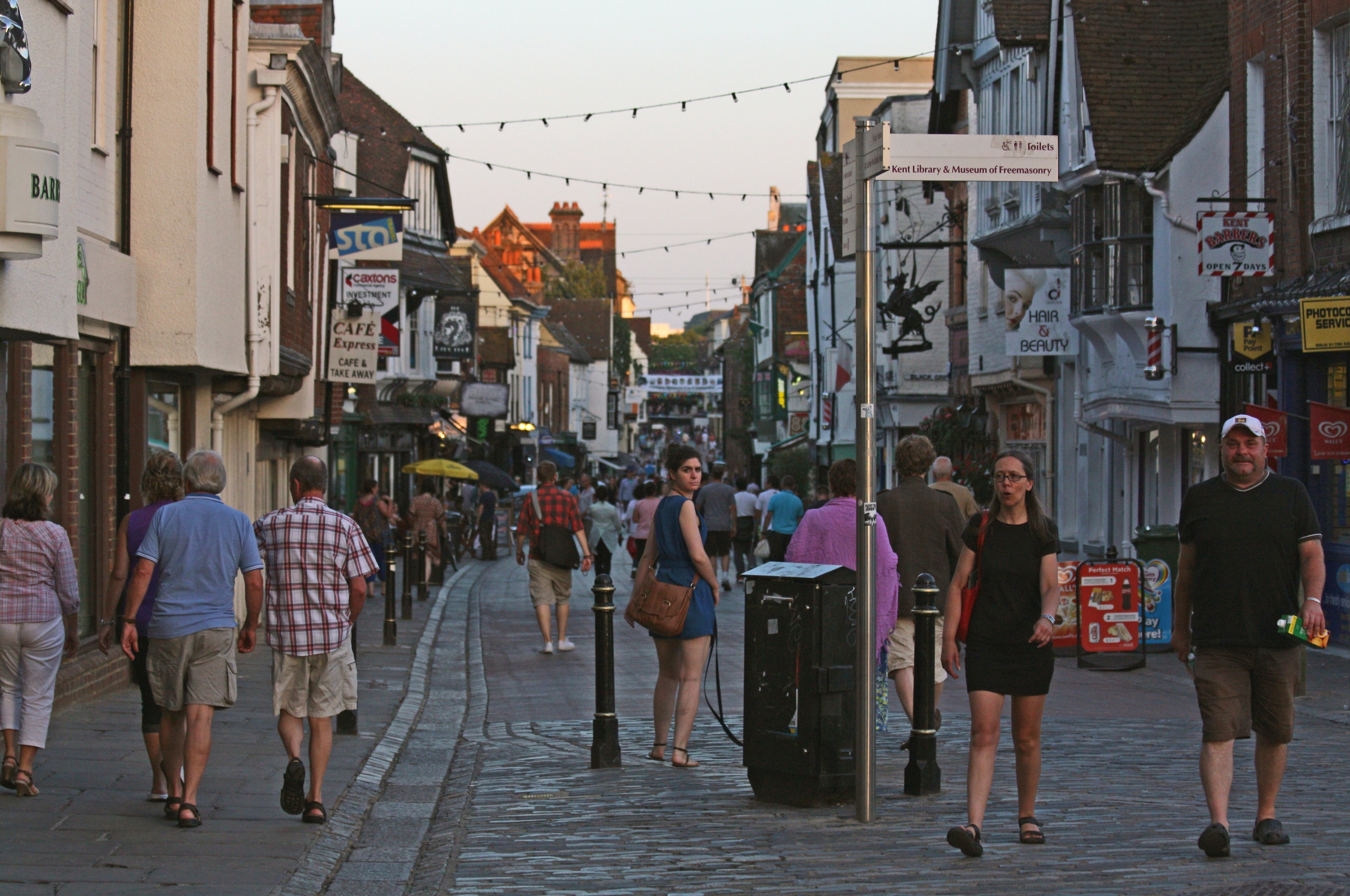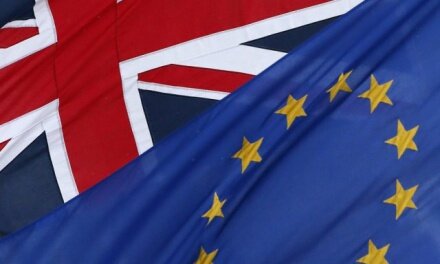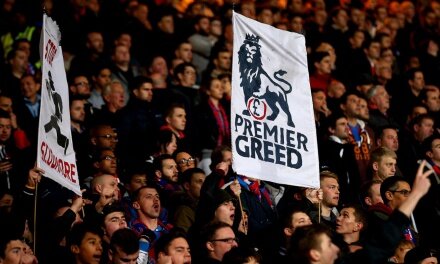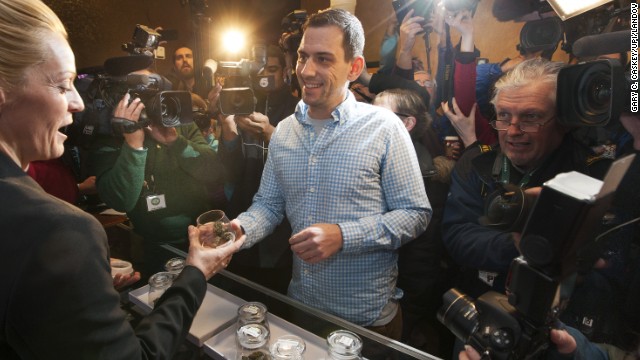
Prediction for the Canterbury Constituency
This prediction might be the most pointless thing since Joey Essex released his autobiography last year. As long as the pope has been Catholic, Canterbury has been conservative. When the Cantiaci first settled on the banks of the Great Stour years before the Common Era, they decided that this area would be ruled by traditionalist old men for millennia to come.
Conservative MP Julian Brazier. Photo by UK Ministry of Defence | Flickr
Since 1987, Conservative Julian Brazier has been the Member of Parliament for the Canterbury county constituency. In 2010 he regained his position for the sixth time with 44.8% of the votes, leaving the Liberal Democrat candidate Guy Voizey on the second place by a difference of 12.5 percentage points. Yet, in 1997, when Tony Blair and his “New Labour” peaked in the polls nationally, Mr Brazier won only 38,7% of the votes, an all-time low for an MP representing the constituency.
This year, Electoral Calculus has predicted the Tories to win 40.2% of the votes. However, as the main winners in terms of increase in the number of voters are the fourth and fifth placed Ukip and the Greens, this 5-point drop won’t, once again, mean a thing. And this of course highlights the problem when electing representatives by using the first-past-the-post system: it does not matter how much you gain or lose in votes as long as you win – 40.2% is just as good as 53.8% (Mr Brazier’s result in his first victory from 1987). During the UKC Current Affairs and Politics Society election hustings session on 12 February, Mr Brazier was the only candidate to support the current electoral system, and I guess we all know why. His 93% predicted chance to win the constituency might even be what is known as a conservative prediction by Electoral Calculus.
Given that students make up over 20% of the constituency’s electorate, we can only assume that the vote share of the Lib Dems is going to drop heavily from what it was five years ago. However, this does not necessarily mean that the party’s candidate James Flanagan would do worse than Labour on the election day, as the Labour candidate Hugh Lanning might prove to be too much on the left of centre to attain a large enough voting base. Indeed, Mr Lanning, who chairs the Palestine Solidarity Campaign, is also a frequent contributor for the Morning Star, the national paper of the Communist Party of Britain. Thus, this pairing can go either way, which doesn’t really matter in the end, as the electoral system only counts the winner. But, for the sake of argument, I’ll say that Labour will edge into second-place with a slight margin.
Labour candidate Hugh Lanning. Photo by: Palestine Solidarity Campaign | Flickr
Expecting the largest increase in the number of voters is Ukip and their candidate Jim Gascoyne. Given my status as an EU migrant, I am not quite sure how to feel about this. But as Canterbury is located in the heartlands of Euroscepticism, this prediction is hardly surprising, for fighting against the immigrant who at the same time takes all the welfare benefits as well as all the jobs in the area has proven to be a very successful campaign tactic. Still, as noted above, this growth does not matter when the only thing that counts is winning more votes than the second best.
Another party predicted to do much better than they did five years ago is the Green Party. Popular among students and latte-drinking idealists, the party’s candidate Stuart Jeffery is expected to receive a major chunk of the student vote lost by the Lib Dems. If students bother to make it to the ballot boxes tomorrow, that is.
(Just out of balance and fairness it is worth noting that the sixth and final candidate running for the post is Robert Cox, candidate for the Socialist Party of Great Britain)
Ukip candidate Jim Gascoyne. Photo by The Canterbury Times
Which brings us to the important point of student turnout. Students could change a lot in Canterbury. After all, Canterbury, even when taken as a county constituency and not just a city, has a high student to resident ratio, which logically implies that the student population here could potentially swing the vote.
However, it is unclear how many of these students are actually registered to vote here in Canterbury rather than in the constituencies they are from. Additionally, many of these students are foreign nationals, and thus not allowed to vote in the general election (except for the Commonwealth and Irish citizens residing here, who I doubt will widely use this right). And for some reason much of the talk about students swinging the vote in some constituencies seems to assume that young people are going to give their votes for one candidate en masse, which is obviously not the case. So, even if Russell Brand would be able to mobilise the youth vote with his U-turn on voting, it is still not guaranteed that those votes will all fall for Labour with him.
Thus, tomorrow’s election result for the Canterbury county constituency can be foreseen by analysing these three questions:
- Is the pope Catholic?
- Is Luxembourg small?
- Is Canterbury conservative?
By using this simple formula, anyone can, relatively reliably, reach the conclusion that 7 May 2023 is not going to be the day that brings the change to any of these cases, and that Canterbury will continue to follow its destined path.































Discussions